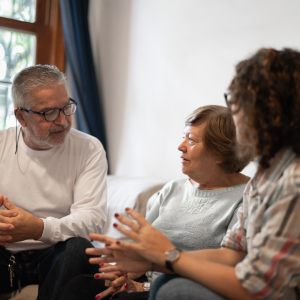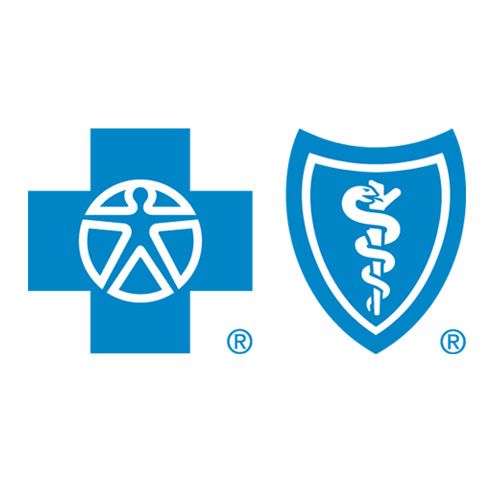Why are the holidays a good time to explore your family’s health history?
December 20, 2021 For many Americans, the holidays are a time to gather and connect with family members that we may not see on a regular basis. Whether we see them in person or virtually, due to the ongoing pandemic, there are lots of things we can take away from spending time with these loved ones.
For many Americans, the holidays are a time to gather and connect with family members that we may not see on a regular basis. Whether we see them in person or virtually, due to the ongoing pandemic, there are lots of things we can take away from spending time with these loved ones.
Aside from sharing family stories, one practical thing health officials have started encouraging more of during these gatherings is documenting a family’s health history. In fact, the Centers for Disease Control and Prevention (CDC) recognizes the Thursday of Thanksgiving as National Family Health History Day, although any family gathering, especially around the holidays, would be an appropriate time to collect this information.
We spoke with Dr. Amy Fendrich, senior medical director of government markets and medical policy at Blue Cross and Blue Shield of Minnesota, about why collecting information on your family medical history is so important for your own health.
Why is it important to know about your family’s health history? How can this knowledge empower patients when it comes to their own health?
Many diseases run in families. When you know your family history and can share it with your doctor, you can often change things in your lifestyle to modify your risk. In addition, your doctor might start screening you for diseases earlier that run in your family, such as cancer or heart disease. Family history is the “silent” risk factor and is, oftentimes, the most significant risk. I used to tell my patients, “There’s no lifeguard at the gene pool!”
What types of questions should you ask your family members when it comes to their health history?
Two of the most important questions to ask your family members are:
- “What types of diseases does our extended family have?” and
- “What did our family members die from?”
- You should also find out at what age your family member(s) were diagnosed and/or when they died from their disease, as that may change when your doctor may start screening you for these same diseases, such as for colon or breast cancer.
It is also very important to know if anyone in your family has ever had any genetic testing. If someone has tested positive for a gene that is associated with a disease or cancer, then you could also have targeted testing for that gene to help you know your own risk.
What types of diseases or conditions are most likely to “run in families”?

Some of the more common diseases that occur in families include heart disease, hypertension, diabetes, and high cholesterol. Many cancers, including breast, ovarian, pancreatic, prostate and melanoma, among others, also tend to run in a family’s health history.
If you discover a history of one, or more, of these diseases in your family, what steps should you take? How can you make sure your care team supports you through this process?
If you learn about a family history of a disease that you were not aware of, make sure to tell your doctor at your next visit. If you discover that a disease occurred in a family member at an age that is near, or earlier than your own, you might want to notify your doctor sooner.
How far back should you go when charting your family’s health history? Do you recommend going back to your grandparents/great aunts and uncles or further back than that?
Our medical policy for genetic testing requires a third-generation pedigree. A third-degree relative, such as great-grandparents, great- aunts, great-uncles and first cousins share 1/8 of your genes.
How do you recommend people document or store this family history?

There are lots of ways you can do this. One convenient way is a free online-based tool called My Family Health Portrait. This tool allows you to enter your family health history, save and update it over time and then share it with your health care provider or other family members. You can also create your own document and save it in a safe place.
Some people/generations are known to be much more private when it comes to sharing their health history. What’s the best way to get these family members (if they’re still alive) to open up about these topics?
The more we know about the people with whom we share our genetics, the more appropriate and focused our healthcare will be. Let your family members know that by sharing this information, they will be helping others in the family stay healthy and even extend their own life expectancy.



Another thing to discuss at family gatherings is Advance Directives. There is a fun game called "Hello" (by Common Practice) which is designed to help people discuss Advance Directive discussions in a non-threatening and safe way, and can be fun! I learned of it at a previous position before coming to BCBS and I have no stake in the game or company. I am just a firm believer in what this game can do for people who struggle to talk about what matters most to them, so their loved ones know, and they can include it in their advance directives. It is a game of sharing, and brings people together.